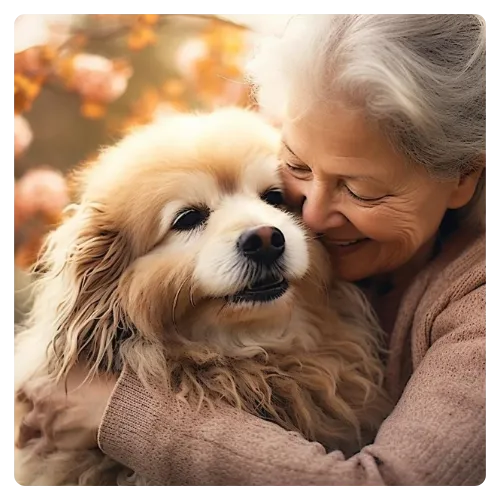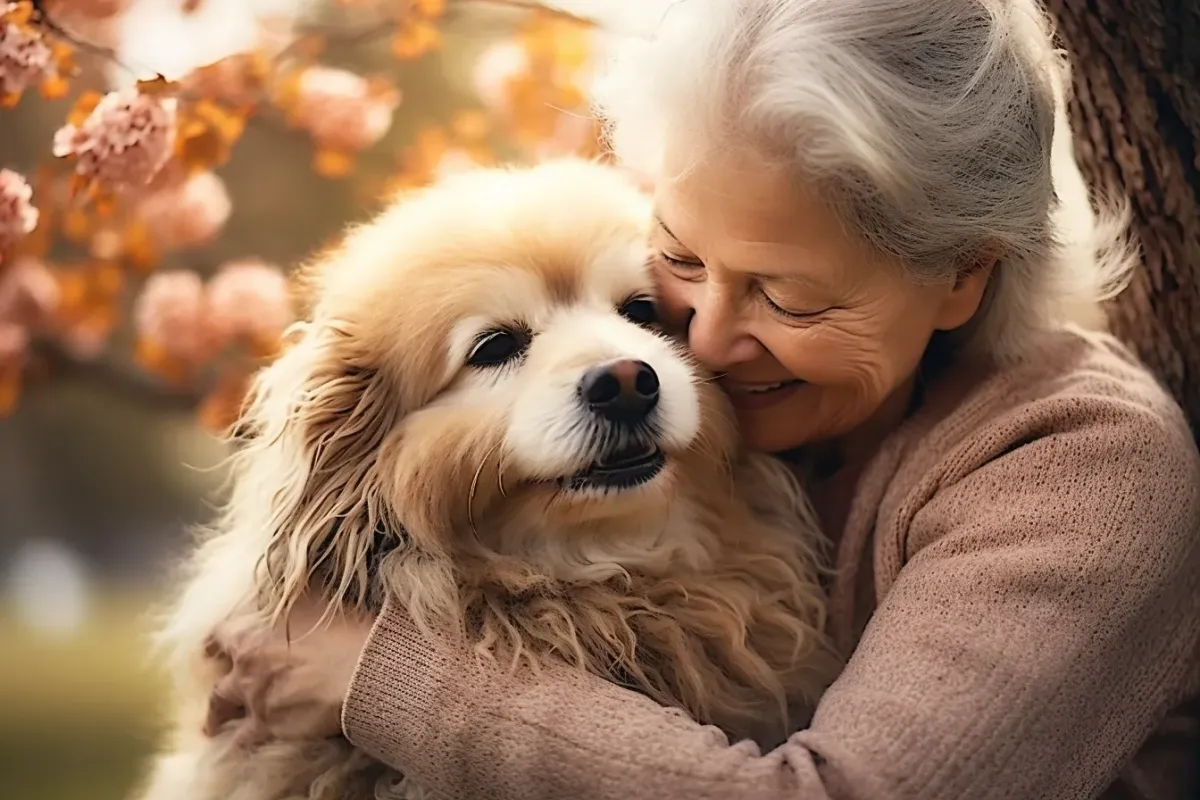

Music Wellness:
Offer music sessions where patients can listen to or participate in live music, sing, or play instruments. Customize playlists to suit patients' musical tastes and use music to soothe, uplift, or engage them
emotionally.

Animal Companionship:
Arrange visits from certified therapy animals, such as dogs or cats, to provide companionship and comfort
to patients. Ensure that patients are comfortable with animals and have no allergies or aversions.

Reiki Sessions:
Train and certify practitioners who can offer sessions to alleviate pain, reduce anxiety, and promote relaxation. Coordinate with patients and their families to schedule reiki sessions as part of their care plan.

Massage Techniques:
Employ professionals who can provide gentle massages to relieve pain, reduce muscle tension, and enhance relaxation.
Use specialized techniques suited to each patient's condition and preferences.

Meditation and Mindfulness:
Conduct group or one-on-one sessions to help patients manage anxiety, find inner peace, and connect with their spiritual beliefs.
Provide guidance on deep breathing and relaxation exercises.

Aromatherapy:
Introduce the use of essential oils to create a calming and soothing environment.
Ensure that scents are chosen based on patients' preferences and sensitivities.

Art Expression:
Encourage creative expression through various art forms, allowing patients to explore their feelings and memories. Provide art supplies and guidance for those interested.

Gentle Movement Practices:
Offer gentle movement classes to improve flexibility, balance, and emotional well-being.
Adapt movements to accommodate patients with limited mobility.

Spiritual Support:
Collaborate with spiritual counselors or clergy members who can provide guidance and support in alignment with the patient's beliefs.

Family Involvement:
Encourage family members to participate in holistic sessions when appropriate, fostering a sense of togetherness and support.
See Our Blogs

Embracing the Healing Power of Pets
Understanding the Bond Between Pets and Humans
The bond between humans and animals is timeless and profound. In the realm of hospice care, this bond takes on a special significance. This article delves into the world of animal companionship in hospice care, exploring how our furry friends offer more than just comfort; they provide a unique form of therapy that can transform the end-of-life experience.

The Therapeutic Benefits of Animal Companionship in Hospice Care
Emotional Support and Unconditional Love: Animals provide a level of emotional support that is pure and unconditional. In hospice care, where patients may feel isolated, a pet's presence can bring immense comfort and a sense of companionship.
Physical Health Benefits: Interaction with pets has been shown to lower blood pressure, reduce stress hormones, and release endorphins. These physical benefits are particularly valuable in a hospice setting, where alleviating stress is crucial.
Enhancing Quality of Life: Pets bring a sense of normalcy and joy. Their playful and affectionate nature can significantly enhance the quality of life for patients in hospice care.
The Role of Pets in Addressing Mental and Emotional Needs
Combating Loneliness: Hospice patients often struggle with feelings of loneliness and isolation. Pets, with their constant presence and affection, help alleviate these feelings.
Providing Comfort in Grief and Transition: The end-of-life journey can be emotionally challenging. Pets often sense when someone is upset and can provide comfort during these times.
Improving Mental Health: The simple act of petting or interacting with an animal can have significant mental health benefits, reducing anxiety and depression.
Different Types of Animals in Hospice Care
Dogs: Known for their loyalty and loving nature, dogs are common companions in hospice care. They have a natural ability to provide comfort and emotional support.
Cats: With their calming purrs and affectionate demeanor, cats can be ideal hospice companions, especially for patients who prefer a quieter, more independent pet.
Other Animals: Birds, rabbits, and even therapy horses can also play a role in hospice care, offering a diverse range of interactions to suit different patient needs.
Training and Certification for Therapy Animals
Understanding Therapy Animal Training: Not all pets are suitable for hospice care. Therapy animals undergo specialized training to handle the unique challenges of a hospice environment.
Certification Process: Animals and their handlers typically need to be certified by recognized organizations. This ensures they are prepared to provide safe and effective support.
The Importance of Proper Training: Properly trained therapy animals are essential for ensuring positive interactions and maintaining a safe environment for both the patient and the animal.
Challenges and Considerations in Integrating Animals into Hospice Care
Allergies and Phobias: It's important to consider potential allergies or phobias among hospice patients or staff when introducing animals.
Maintaining a Hygienic Environment: Ensuring cleanliness and hygiene is crucial, especially in a hospice setting.
Emotional Impact on Pets: The well-being of the animals themselves must also be considered, as they can become attached to patients.
Case Studies: Success Stories of Animal Companionship in Hospice
Individual Stories: Sharing real-life stories of patients who have benefited from animal companionship can highlight the profound impact of this practice.
Research Findings: Examining studies and research on animal therapy in hospice care provides evidence of its benefits.
How to Integrate Animal Companionship into Hospice Care
Collaborating with Therapy Animal Organizations: Partnering with local organizations can facilitate the integration of trained therapy animals into hospice care.
Creating Animal-Friendly Spaces: Adapting hospice environments to be welcoming and safe for both animals and patients is key.
Training Staff and Volunteers: Educating hospice staff and volunteers about handling and integrating animals into care routines ensures a smooth and beneficial integration.
Conclusion: The Transformative Power of Animal Companionship in Hospice Care
In conclusion, the integration of animal companionship into hospice care offers a unique and powerful way to enhance the end-of-life experience. The presence of a loving pet can provide immense emotional support, physical health benefits, and an overall improvement in quality of life for patients. By understanding the challenges and implementing the right strategies, hospice care facilities can unlock the healing power of pets, bringing comfort, joy, and

Interested In Care For Yourself Or A Loved One? Give Us A Call Today To Learn More.
© 2022 Unified Care Hospice - All Rights Reserved
info@ucarehospice.com
702-982-8266
